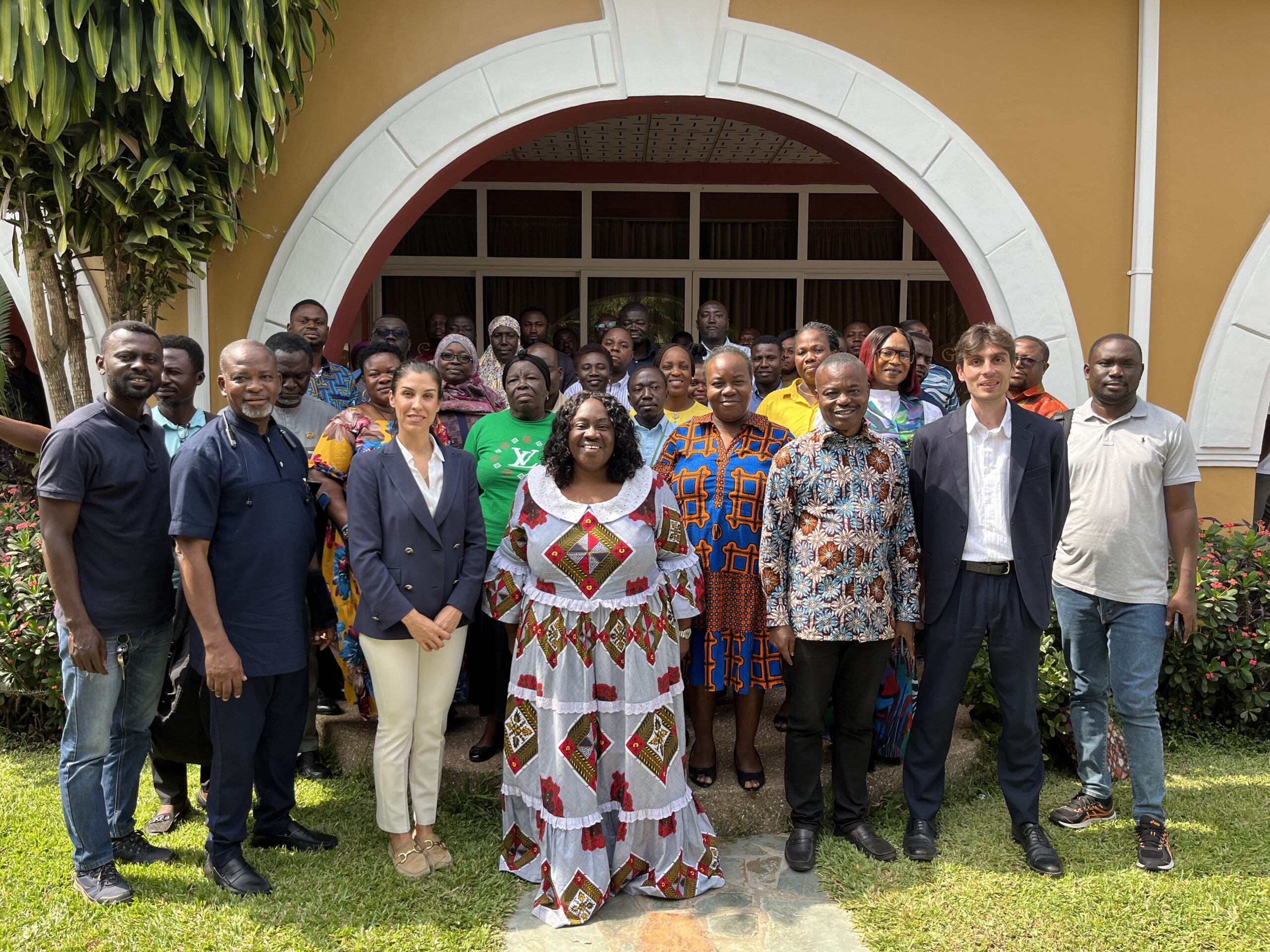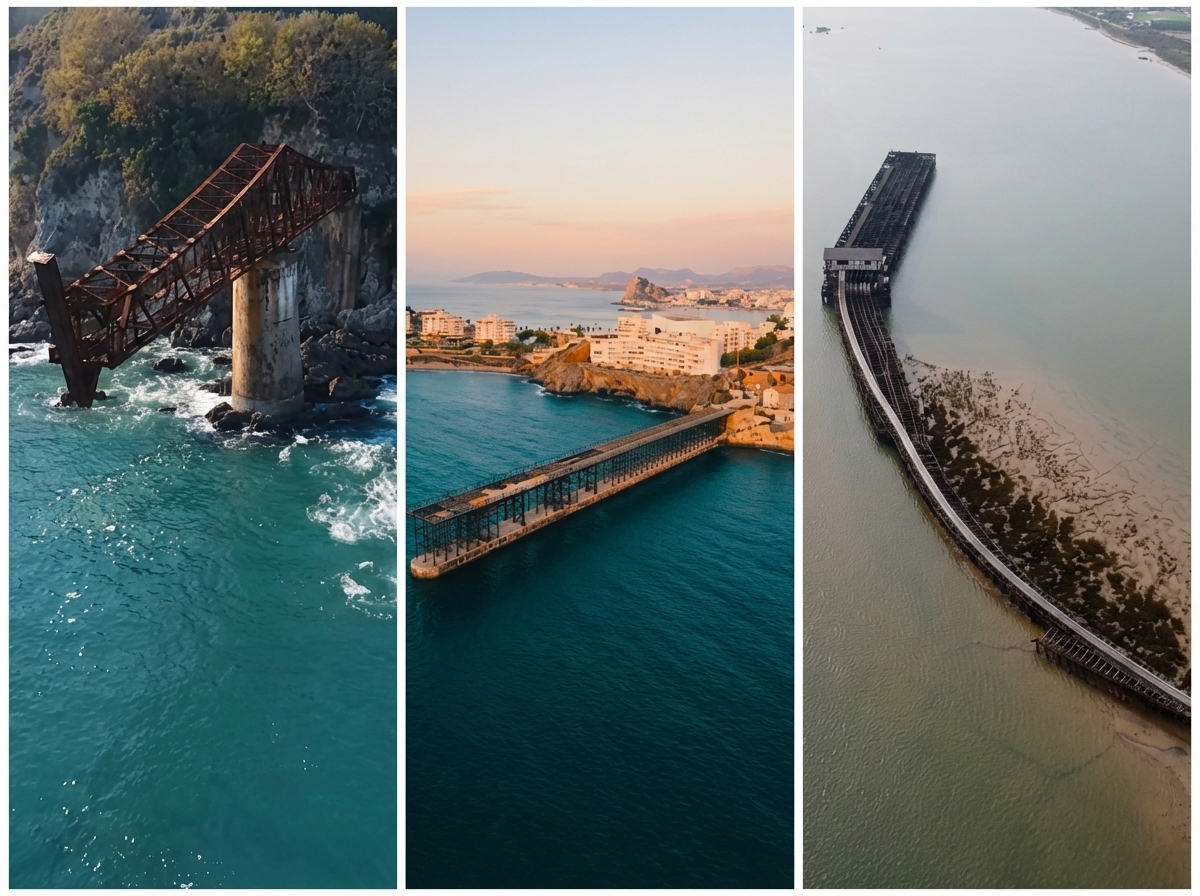Last week, a dedicated team from INES was on-site in Kumasi, Ghana, conducting field inspections of the future Bus Rapid Transit (BRT) corridors. These inspections focused on assessing the condition of the infrastructure and identifying potential vulnerability issues, particularly concerning climate resilience.
As part of the visit, INES hosted the first dissemination workshop for the project, presenting the findings achieved to date. This workshop brought together a diverse group of stakeholders, including representatives from local, regional, and national organizations such as the Department of Urban Roads, Ghana Highways Authority, the National Disaster Management Organization (NADMO), as well as physical planners and transport officers from affected municipalities. Importantly, the event also included representatives from vulnerable groups, such as pensioners, disabled individuals, and women’s associations, ensuring an inclusive approach to the project’s development.
The first stage of KUMAP project aims to assess the vulnerability of the planned corridors and propose targeted adaptation interventions. These recommendations will be integrated into the design phase to enhance the climate resilience of the infrastructure and services, ensuring long-term sustainability and functionality in the face of changing environmental conditions.
At INES, we are proud to contribute to building resilient urban infrastructure and fostering collaboration with stakeholders to address pressing climate challenges!



